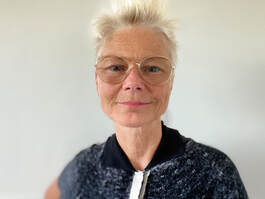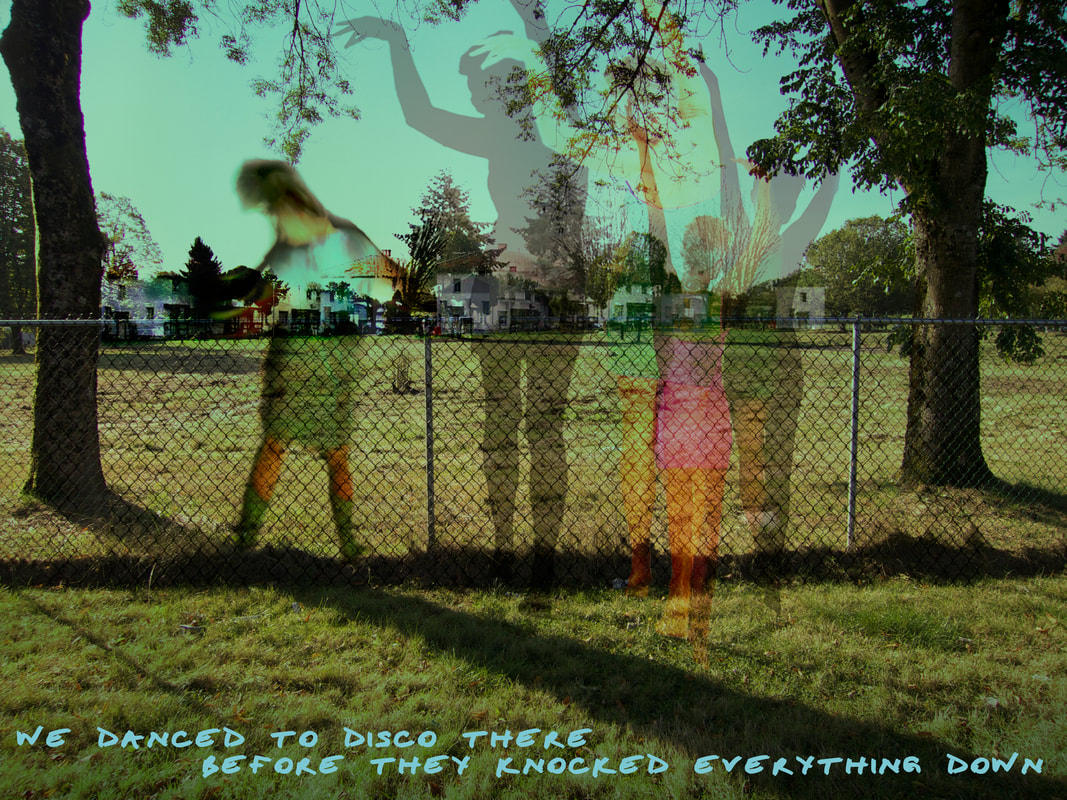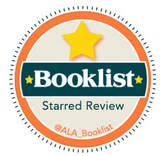 What is the name of the piece that you have in Grabbed? The Worlds Words Make What was the inspiration for your piece? What compelled you to write it? My piece began with a completely different start, intent, and story. It started as a piece about the day when I was 7 or so and I was sat down to listen to a Bill Cosby stand-up album in someone’s kitchen to keep me busy while my mom was visiting there. I didn’t yet know that there was such a thing as stand-up comedy, and that it was meant for laughing. Sitting there at that kitchen table, I didn’t want to be rude by laughing out loud, and so I suppressed all my laughter while I waited for my mom. Ultimately, the piece was meant to talk about reconciling that memory of innocence with what we know of Cosby now. But as I started to recount the Cosby anecdote for Grabbed, I started to remember other instances of innocence pierced—instances that started at around the same time as that evening I listened to stand-up—and that led to the piece as it is now: an enumeration of all the transgressions and aggressions I’ve endured. (I’ve since remembered a few other encounters that were missed in the count.) What compelled you to submit your work for this anthology? Was it a difficult decision? If so or if not, why? A lot of my art production is auto-biographical in some way—films; photography; composite work—and so I didn’t give my piece for Grabbed particular thought in terms of exactly what I was writing about. It was only later that I realized I was exposing something about myself that almost no one is aware of, and I began to feel self-conscious about the disclosures. (I still haven’t decided if I’m going to tell colleagues at work about the book. Sorry.) Why did you choose this particular form or genre for this piece? The 1st person present tense took over early on. The dispassionate tone, stark and almost dissociative, very much mimics the way these memories play out in my head, still today. Listing the incidents across decades struck me as effective in conveying the ubiquity, variety, and ceaseless nature of unwanted sexual attention, aggression, and abuse. As a writer, do you feel obliged to share difficult experiences? I don’t feel obliged to share difficult experiences—but I happen to gravitate to the personal in my work. I think it’s important for people to name the unnamed, to bring into the light all that’s cloaked. Keeping things in the dark is very convenient for abusers, and for those who remain attached to juvenile ideals about the world and the people in it. Culture and society won’t shift consciousness, policy, and budget allocations until there’s enough of a groundswell on issues that it’s no longer tenable to deny what is. Artists tend to lead the pack when it comes to talking about the uncomfortable, and from there, eventually, it moves to the centre. (It’s not always and only artists, but they’re often in the first mix.) What do you feel the impact of the #MeToo movement has been on your work, if any? When #MeToo hit the scene, I felt it personally, coming out for the first time and adding myself to those who posted it on my social media walls. Since writing my piece for Grabbed, however, I notice the impact more in my daily life than in my work. I notice more than usual all the ways men take liberties; I notice more than usual all the social conditioning. What would you say to another writer who has been uncomfortable or silent about their experience? How can they begin to share their experiences? It’s not my place to make recommendations to other artists about what they address in their work. This is especially true in the sensitive matter of sexual assault and its continuum of behaviours. I would, in fact, be more inclined to recommend counselling before I would recommend making art about such a thing. How can a publication such as Grabbed help to empower or heal readers? Knowing we’re not alone in our experiences is huge. And to see a compendium of thoughtful, brave work on the topic, and in such volume, is a true testament to the fact that none of us are alone in our experiences of sexual assault. I hope Grabbed readers who themselves are survivors absorb this knowledge as a form of companionship and solidarity, and, ultimately, feel themselves to be part of a collective sovereignty; I hope the other readers gain insight into the impacts of sexual assault, grasp the pervasiveness of the issue, and come to understand its intrinsic ties to the failed social project called patriarchy, and its spawn, misogyny. Zoe Welch is a photo-based artist and writer. Her poetry and photographic work have appeared in the French Canadian publications Ciel Variable and La Revue des Animaux; her film Landing: le film pour Loïc was part of the National Film Board of Canada’s program on love that was presented at La Cinémathèque québécoise where the film is now also part of the digital collection; and she contributed a written piece to the anthology and New York Times bestseller, Women in Clothes. Her public art has been presented in Seattle as part of King County’s City Panorama program in conjunction with the Photographic Center Northwest; in Miami as part of #project305 in conjunction with the New World Symphony; and as part of the New York City Tree Alphabet project. In her current work, Zoe is examining what it means to live in US, where she moved in 2016. She’s the museum educator at The Wolfsonian – FIU where she leads K-12 and youth & programming.
0 Comments
Leave a Reply. |
Grabbed BlogHave a blog idea for us? Submit it here. Archives
October 2020
Categories |
|
BUY GRABBED
|
If you or anyone you know is a victim of domestic violence, please call The National Domestic Violence Hotline: 1-800-799-7233 1-800-787-3224 (TTY) En Español: 1.800.799.7233 |

 RSS Feed
RSS Feed







